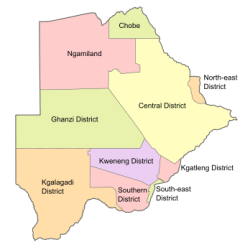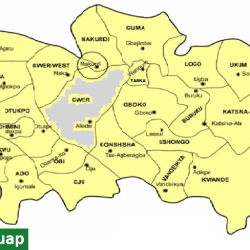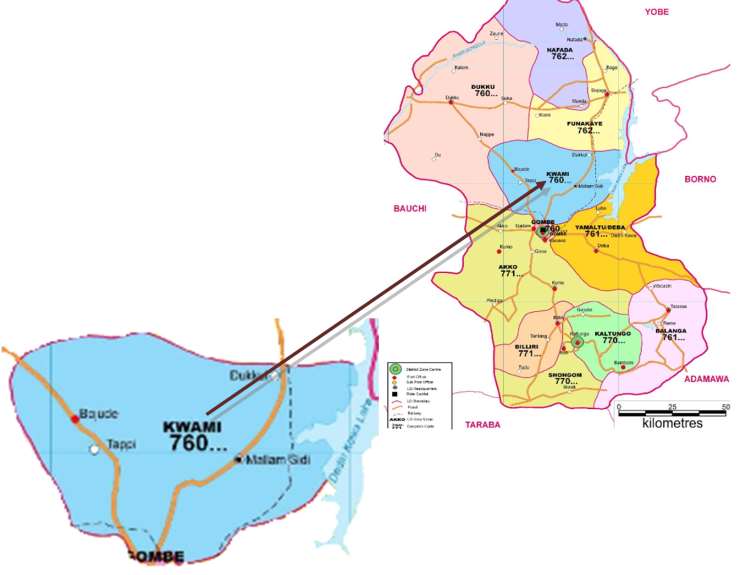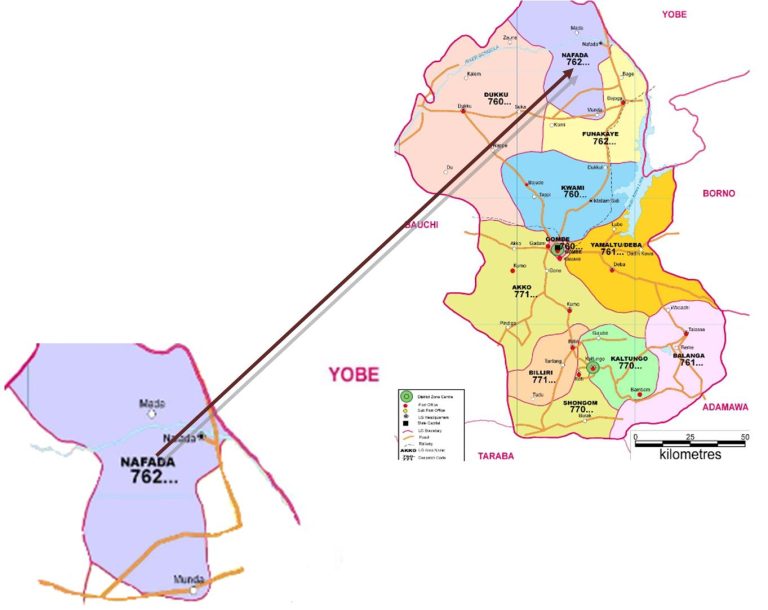Places and their polling units in Tati East, Botswana
047 Senyawe
0302 Butale Primary School
0303 Senyawe Primary School
0304 Senyawe VDC Offices
048 Tshesebe
0305 Mowana Primary School
0306 Thamani JSS
0307 Ppc Church
049 Themashanga
0308 Sekonjwe Tent
0309 Themashanga Primary School
050 Tsamaya
0310 Shanganani JSS
0311 Mabudzani Primary School
0312 Tsamaya Kgotla
051 Siviya
0313 Siviya Primary School
0314 Jackalas Ii Primary School
0315 Motlhanka Ward Tent
052 Matsiloje
0316 Matopi Primary School
0317 Matsiloje Primary School
0318 Roikop Mobile Health Stop
0319 Pobe Pobe Mobile Health Stop
0320 Matsiloje JSS
053 Matshelagabedi
0321 Matshelagabedi Primary School
0322 Sekukwe Mobile Health Stop
0323 Mhatane Cattle Crush Tent
0324 Matshelagabedi Community Hall
054 Ditladi
0325 Ditladi Primary School
0326 Pelotelele Primary School
0327 Patayamatebele Primary School
055 Tati Siding East
0328 Tati Siding Primary School
0329 RAC Offices
0330 Mmoroso Ward
056 Tati Siding West
0331 Tashatha JSS
0332 Bugalo Primary School
0333 Community Hall
Reference: iec.gov.bw/index.php/electoral-districts/polling-stations.html
Botswana
Botswana is a country in Africa. It is topographically flat, with approximately 70 percent of its territory being the Kalahari Desert.
It is bordered by South Africa to the south and southeast, Namibia to the west and north, and Zimbabwe to the northeast.
Capital: Gaborone
Currency: Botswanan Pula
Official language: English
Population: 2.588 million (2021) World Bank
Dialing code: +267
Gross Domestic Product: 17.61 billion USD (2021) World Bank
Botswana’s ten districts are:
- Southern District
- South-East District
- Kweneng District
- Kgatleng District
- Central District
- North-East District
- Ngamiland District
- Kgalagadi District
- Chobe District
- Ghanzi District
Botswana’s councils created from urban or town councils are: Gaborone City, Francistown, Lobatse Town, Selebi-Phikwe Town, Jwaneng Town, Orapa Town and Sowa Township.

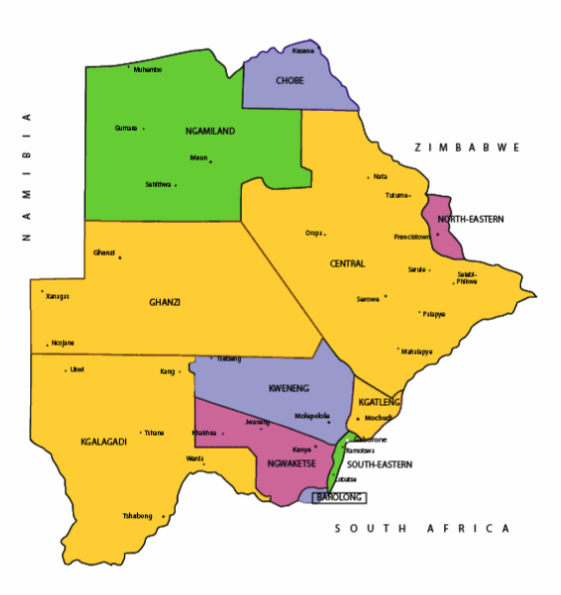




The name Botswana refers to ‘Land of the Tswana’. The landlocked, Southern Africa country is officially known as the Republic of Botswana.














Botswana is connected to Zambia through the Kazungula Bridge making it the world’s shortest border between two countries.
A country of slightly over 2 million people (2021), Botswana is one of the most sparsely populated countries in the world. It is essentially the nation state of the Tswana ethnic group, who make up 79% of the population.

About 11.6 per cent of the population lives in the capital and largest city, Gaborone.
Formerly one of the world’s poorest countries—with a GDP per capita of about US$70 per year in the late 1960s—it has since transformed itself into an upper-middle-income country, with one of the world’s fastest-growing economies.


The Tswana ethnic group were descended mainly from Bantu-speaking tribes who migrated southward of Africa to modern Botswana, living in tribal enclaves as farmers and herders.




In 1885, the British colonised the area and declared a protectorate under the name of Bechuanaland.
As colonisation stopped, Bechuanaland became an independent republic under its current name on 30 September 1966.


Since then, it has been a representative republic, with a consistent record of uninterrupted democratic elections and the lowest perceived corruption ranking in Africa since at least 1998.

The economy is dominated by mining and tourism. Botswana has a GDP (purchasing power parity) per capita of about $18,113 as of 2021, one of the highest in subsaharan Africa.


Botswana is the world’s biggest diamond producing country.
Its relatively high gross national income per capita gives the country a high standard of living and the third-highest Human Development Index of continental Sub-Saharan Africa (after Gabon and South Africa).
The country has been adversely affected by the HIV/AIDS epidemic. In 2002, Botswana began offering anti-retroviral drugs (ARVs) to help combat the epidemic.
Botswana is a member of the Southern African Customs Union, the Southern African Development Community, the Commonwealth of Nations, and the United Nations.
